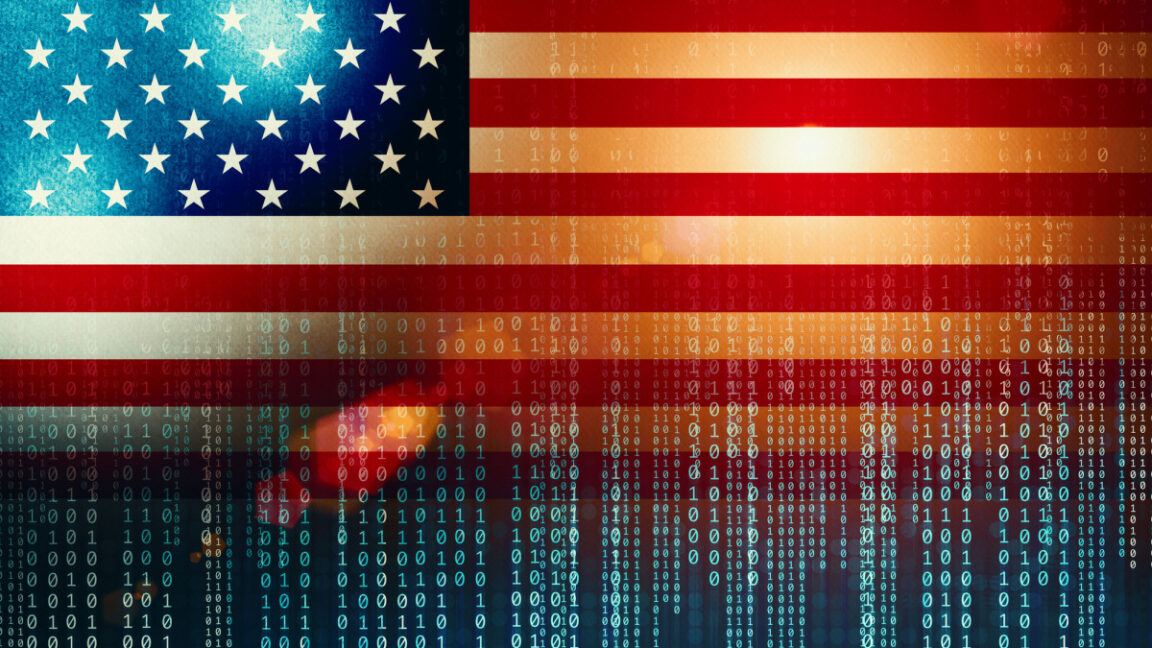A New Era in Chip Export Controls: Trump Administration Rolls Back Biden’s AI Chip Restrictions
The Trump administration has announced plans to rescind and replace a Biden-era rule regulating the export of high-end AI accelerator chips worldwide. According to reports from Bloomberg and Reuters, officials have deemed the previous framework "unenforceable" due to its complexity and bureaucracy.
The Biden administration had issued the Framework for Artificial Intelligence Diffusion in January during its final week in office, as part of a four-year effort to control global access to so-called "advanced" AI chips. The regulation focused on restricting China’s ability to obtain technology that could enhance its military capabilities. However, Commerce Department officials now claim that the tiered system established by the Biden rule is impractical and hinders American innovation.
Market Reaction: Nvidia Shares Rise
The news of the planned policy shift has already had an impact on the market, with shares of Nvidia rising 3% after the announcement. This trend is not new, as AI chip makers have seen several stock market swings due to ever-shifting Trump policy announcements related to tariffs and export controls.
A Changing Face in Chip Export Controls
The Biden-era chip restriction framework established a three-tiered system for regulating AI chip exports. The first tier included 17 countries, plus Taiwan, that could receive unlimited advanced chips. A second tier of roughly 120 countries faced caps on the number of chips they could import. The administration entirely blocked the third tier, which included China, Russia, Iran, and North Korea, from accessing the chips.
However, Commerce Department officials now express dissatisfaction with this approach, considering it "unenforceable" due to its complexity. While no timeline exists for the new rule, officials are still debating the best approach to replace it. The Biden rule was set to take effect on May 15.
A Shift Towards Global Licensing
Reports suggest that the Trump administration might discard the tiered system in favor of a global licensing system with government-to-government agreements. This could involve direct negotiations with nations like the United Arab Emirates or Saudi Arabia rather than applying broad regional restrictions. However, the Commerce Department spokeswoman indicated that debate about the new approach is still underway, and no timetable has been established for the final rule.
A Closer Look at the Proposed Reforms
The proposed reforms aim to create a simpler rule that would "unleash American innovation" and ensure American AI dominance. This shift towards a more flexible approach may have significant implications for the global AI landscape, as it could lead to increased access to advanced chips in countries currently restricted.
However, critics argue that this move may undermine efforts to control the spread of AI technology that could be used for military purposes. As the debate continues, one thing is clear: the future of chip export controls will be shaped by the Trump administration’s new approach.
Conclusion
The planned policy shift has significant implications for the global AI landscape and highlights the complex challenges faced by policymakers in regulating the export of advanced chips. The Trump administration’s decision to rescind the Biden-era rule marks a new era in chip export controls, one that may lead to increased access to AI technology but also raises concerns about its potential misuse.

